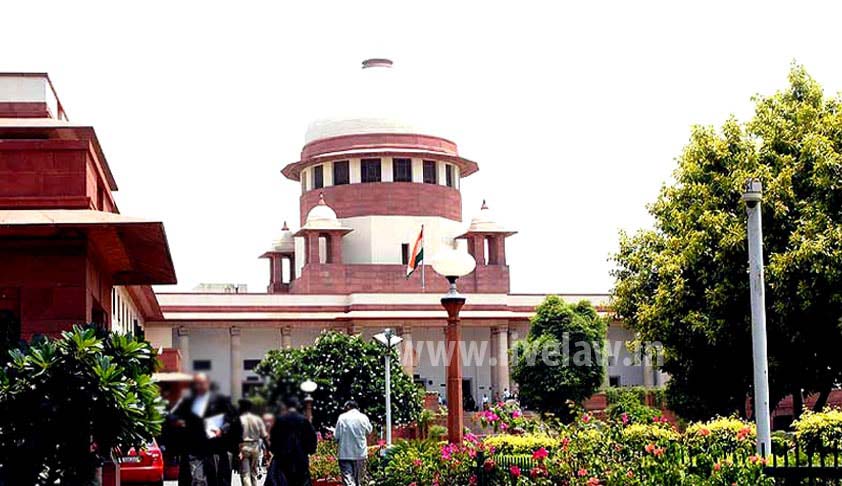Any document executed or thing done by an agent on the strength of power of attorney is as effective as if executed or done in the name of principal, i.e., by the principal himself: SC
Apoorva Mandhani
29 Jan 2016 5:49 PM IST

Next Story
29 Jan 2016 5:49 PM IST
